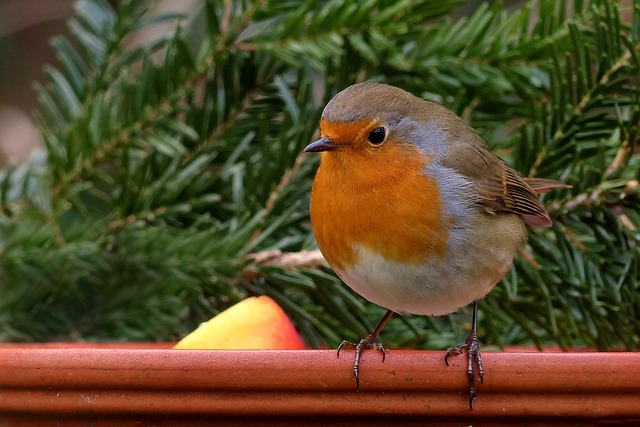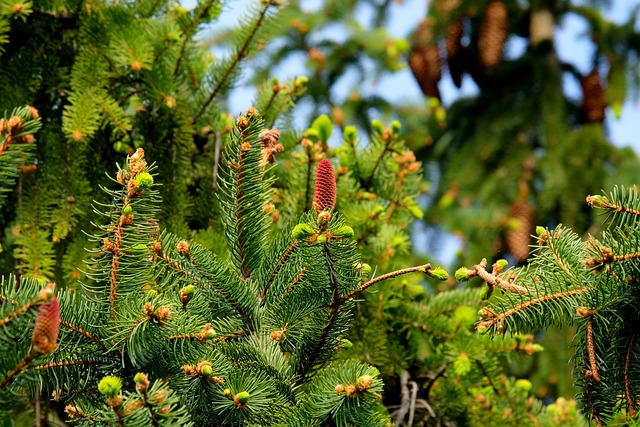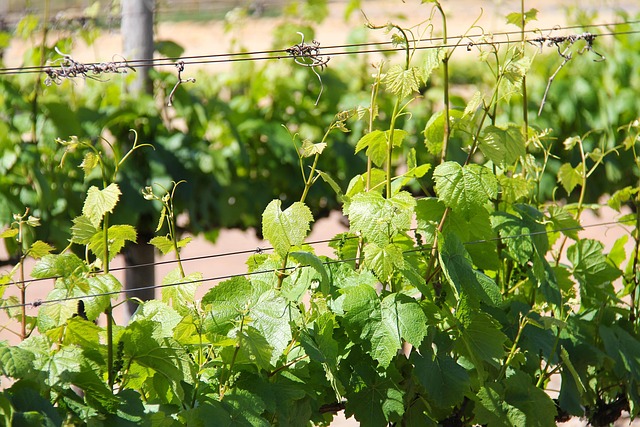As the frost settles in and the days grow shorter, many gardeners might think it’s time to put away their tools and hibernate until spring. However, creating a winter garden is not only possible but also an excellent way to stay connected with nature during the colder months. By embracing eco-friendly practices, you can cultivate a green oasis that flourishes even in winter’s embrace.
Your winter garden can be a sanctuary for both plants and wildlife. Start by choosing native plants that are well adapted to your climate. These plants require less water and maintenance, making them a sustainable choice that enhances biodiversity in your outdoor space. Incorporating evergreens, such as holly and juniper, will provide year-round greenery, while ornamental grasses add texture and movement even on the windiest of days. You’ll find that a thoughtfully designed winter garden can offer visual interest while serving as a habitat for birds and beneficial insects, promoting a thriving ecosystem.
Consider adding raised beds for your winter crops. Many hardy vegetables, like kale, spinach, and root vegetables, are perfect for the chilly climate. Raised beds not only allow for better drainage and soil management, but they also extend your gardening season and offer a more accessible gardening experience. Covering these beds with frost blankets or cloches can provide additional warmth, allowing your winter garden to flourish.
Composting is another excellent eco-friendly practice to incorporate into your winter gardening routine. Instead of letting kitchen scraps and yard waste go to the landfill, start a compost pile. This not only enriches your soil, adding vital nutrients for your plants come spring, but also reduces your carbon footprint, promoting a greener earth. Remember, every little bit counts when it comes to sustainability.
Think of your winter garden as a canvas that reflects the beauty of the season. Intertwine your gardening efforts with nature-friendly practices. Install bird feeders and baths to attract feathered friends, creating a lively atmosphere in your green oasis. Not only will this bring joy to your winter days, but it will also encourage pollinators to return in the spring, ensuring a vibrant and productive growing season ahead.
Incorporating sustainable materials into your garden design can further enhance your eco-friendly winter gardening efforts. Use reclaimed wood for planting boxes, biodegradable pots for starting seeds, or natural stones for pathways. These choices not only reduce waste but also celebrate the beauty of natural materials, harmonizing with the surrounding environment.
Winter months may seem quiet in the garden, but with creativity and dedication, you can cultivate a space that honors the Earth. Your winter garden can be a powerful reminder of the cycle of life; it is a place where you can reflect, nurture, and prepare for the vibrant season to come. So grab your gardening gloves, embrace the chill, and transform your outdoor space into an eco-friendly sanctuary this winter.




